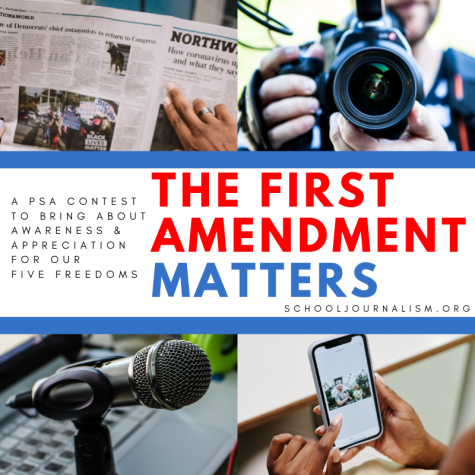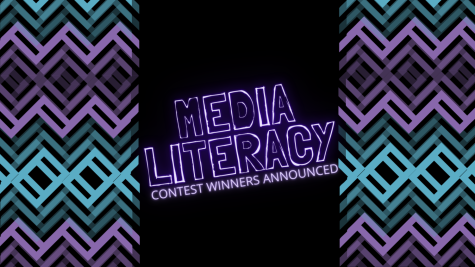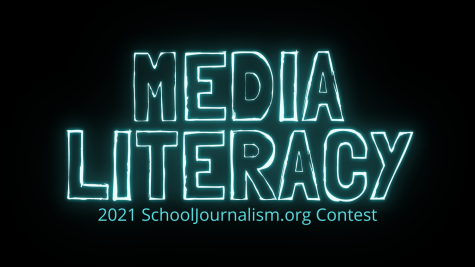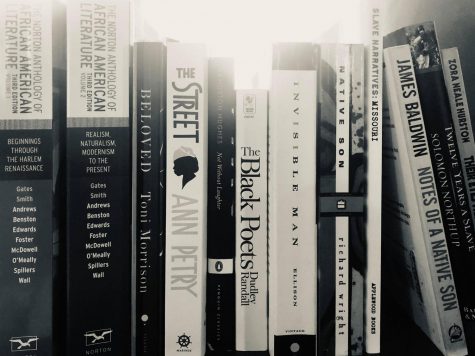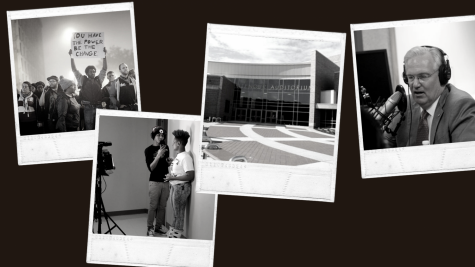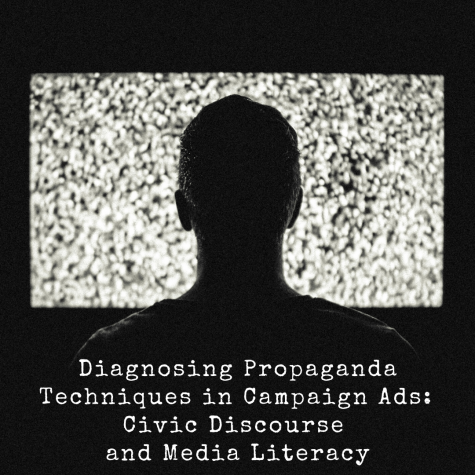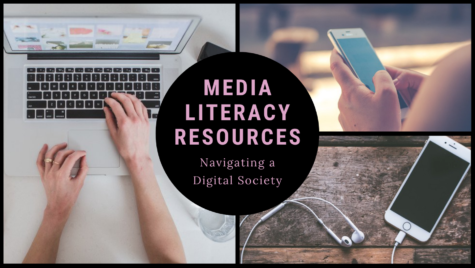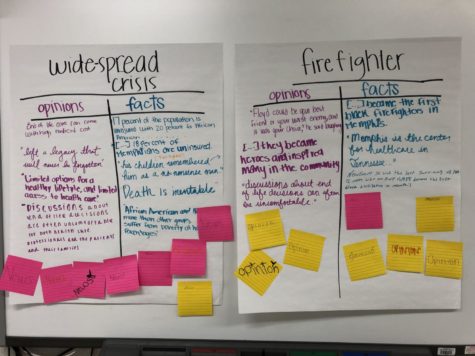Seeking teachers to help develop model news-literacy lesson plans
Teachers interested in helping develop model news-literacy lesson plans for English, social studies, science, math, health and technology should contact Le Anne Wiseman at [email protected]. Teachers selected for the project will be compensated $3,000 each from a grant funded by the Robert R. McCormick Foundation.
Interested teachers will be provided with news literacy lesson plans and activities that they can modify and adapt for their academic discipline. The teachers may also create original lesson plans. We will be making our selection decisions on Oct. 8. Please apply at:
http://www.surveygizmo.com/s3/
What is news and information literacy? Simply put, it is the ability to use critical-thinking skills to judge the reliability and credibility of news reports and information sources. In the information age, more data is produced in a single second than can possibly be consumed in a lifetime, so the need for news and information literacy has never been more important.
Research suggests that students who develop news and information literacy skills become more active and engaged citizens. Many schools across the nation already teach news literacy, and more research on the impact of these efforts is underway.
One way to approach news literacy is with the REALLY technique developed by Al Tompkins of the Poynter Institute. Is this REALLY the story? Is this REALLY the whole story? Is this REALLY physically possible? Is this REALLY what I need to know? What do my readers and listeners REALLY want to know? This approach uses five questions to focus on this intersection of skepticism, curiosity, openness, reporting, critical thinking and knowledge.
- Who said it?
- Can I trust the source?
- Is that person biased on this subject?
- Am I biased on this subject?
- Where can I get reliable information to help me frame my opinion?
An overview of news literacy can be found in Six Principles to Guide Producers and Consumers of News and Information. This guide and other news and information literacy resources are available at SchoolJournalism.org.
Interested teachers should email Le Anne Wiseman at [email protected] or call 573-884-2689 for more information.
The project is coordinated by the American Society of News Editors and the Journalism Education Association.



